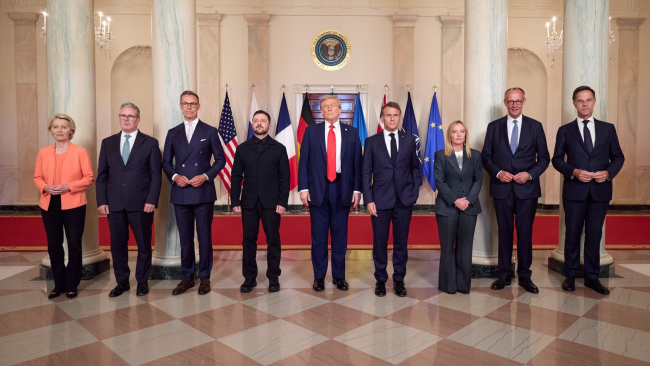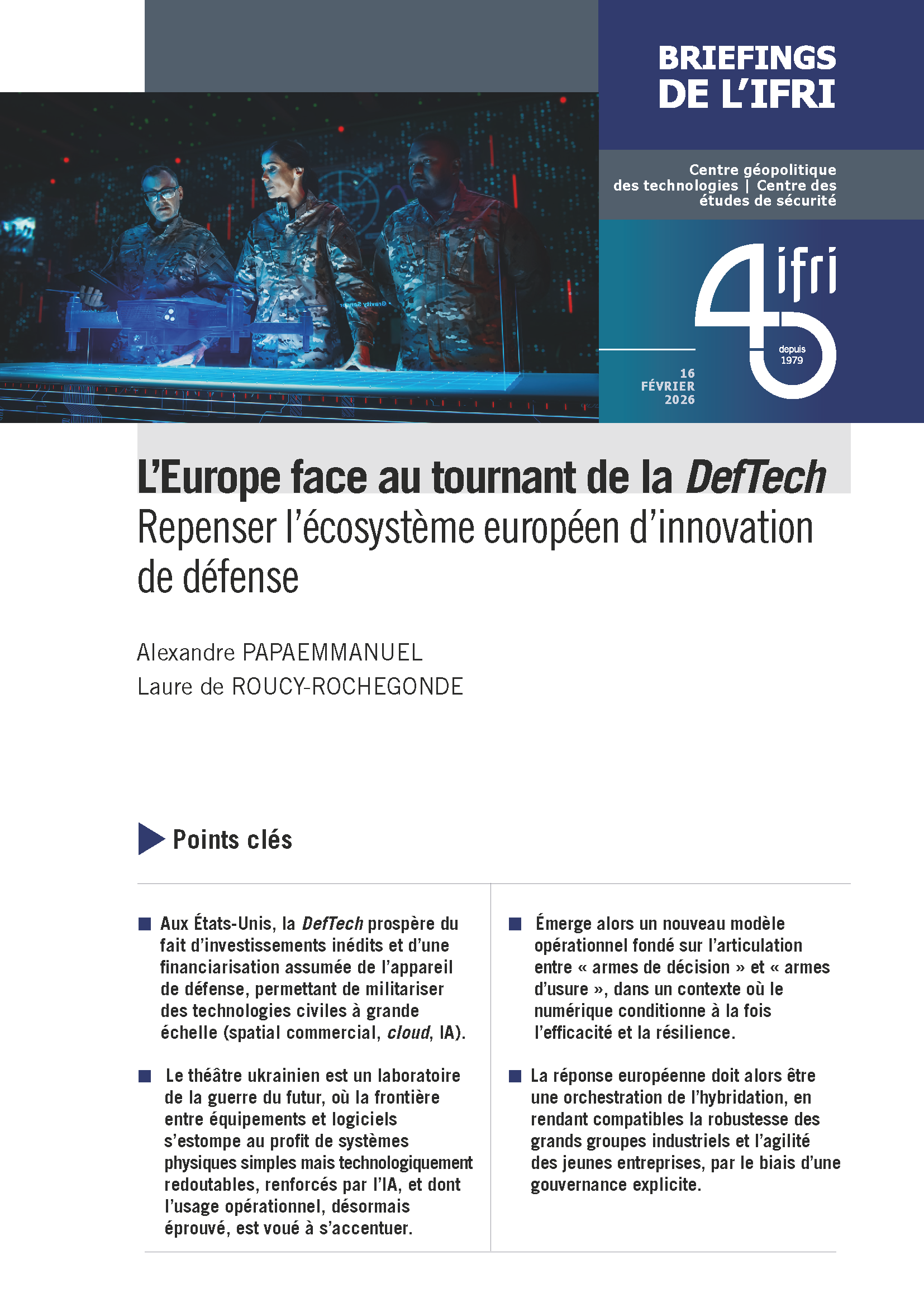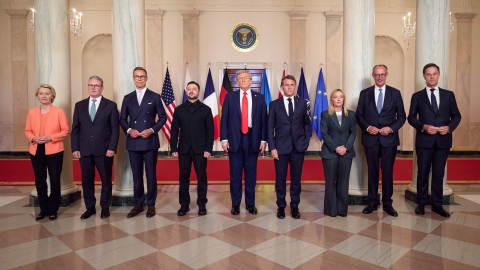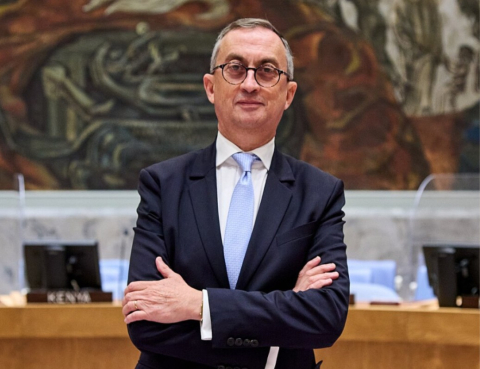China’s Stability at Risk: Economic, Social and Environmental Challenges

Informations pratiques
Centres et programmes liés
As economic jitters and environmental mismanagement are fueling social protest in China, this seminar will examine how these factors can eventually undermine economic and political stability in the country. Asian, European and American experts will gather to share their views on the economic, social and environmental challenges China is facing and what strategies are being adopted to tackle it.

9:00-9:15: Welcoming remarks
9:15-10:45: Assessing the Economic “New Normal” in China
Chair: Margit MOLNAR, Head of China Desk, OECD
"Diagnosing Chinese Economy"
Toshiya TSUGAMI, Tsugami Workshop
"China's Economic Strategies in Black Swan Lake"
Bo CHEN, Professor and Executive Director of FTZ - Huazhong University of Science and Technology
Olivier DE BOYSSON, Deputy Director and Chief Economist Emerging Economies, Société Générale (Discussant)
Françoise NICOLAS, Director, Center for Asian Studies, Ifri (Discussant)
11:00-12:30: Social and environmental tensions: how to ensure a stable China?
Chair: Françoise NICOLAS, Director, Center for Asian Studies, Ifri
"Re-conceptualizing China's civil society sector"
Andreas FULDA, Professor, The University of Nottingham:
"The Shifting Boundaries of Environmental Activism in China"
Elizabeth C. ECONOMY, C.V. Starr Senior Fellow and Director for Asia Studies, Council on Foreign Relations
“Urbanisation of Capital and Dispossession of Rights”
Hyun Bang SHIN, Associate Professor, London School of Economics (LSE)
“Three birds, one stone? China’s low-carbon transition as a catalyst for economic transformation, environmental sustainability, and social stability”
John SEAMAN, Research Fellow, Center for Asian Studies, Ifri
La conférence se tiendra en anglais
Autres événements

Chaînes d’approvisionnement des véhicules électriques au Japon et en Europe : quels défis ?
La sécurité économique vise à garantir la résilience des chaines approvisionnements des industries clés : le cas des productions de véhicules électriques au Japon et en Europe sera discuté.

Quelle politique de défense en Allemagne ?
Face à la guerre en Ukraine et à l’instabilité géopolitique en Europe dans un cadre transatlantique perturbé, l’Allemagne a amorcé un tournant majeur dans sa politique de défense, avec une hausse significative des dépenses militaires, la modernisation de la Bundeswehr et le débat sur un éventuel retour du service militaire obligatoire.

Quatre ans de guerre en Ukraine : verra-t-on la fin du conflit en 2026 ?
Un déjeuner débat autour de Tatiana Kastouéva-Jean, Directrice du Centre Russie/NEI, et Élie Tenenbaum, directeur du









